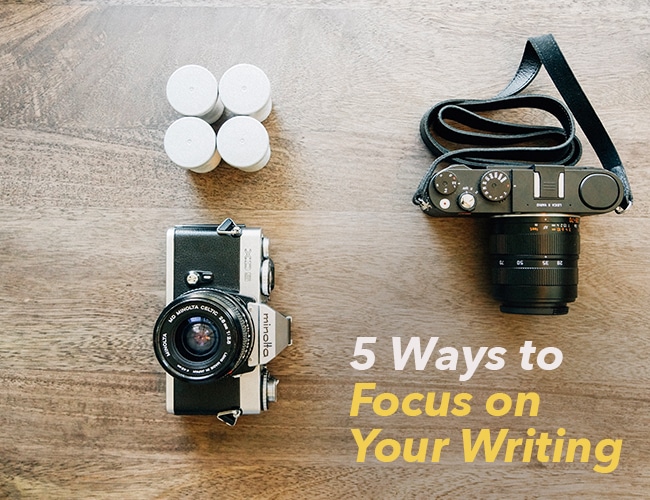
by Kellie McGann |
Over the weekend, I was working on a book project. I’ve been working on it for almost a year and desperately need to finish it. But when I sat down to work on it, suddenly everything became more interesting than the writing on the screen in front of me.
I stared at the wood table for too long, before picking up my phone and texting back everyone I hadn’t in the last six months. I stared out the window, got a refill on my coffee, and then finally wrote maybe thirty words.
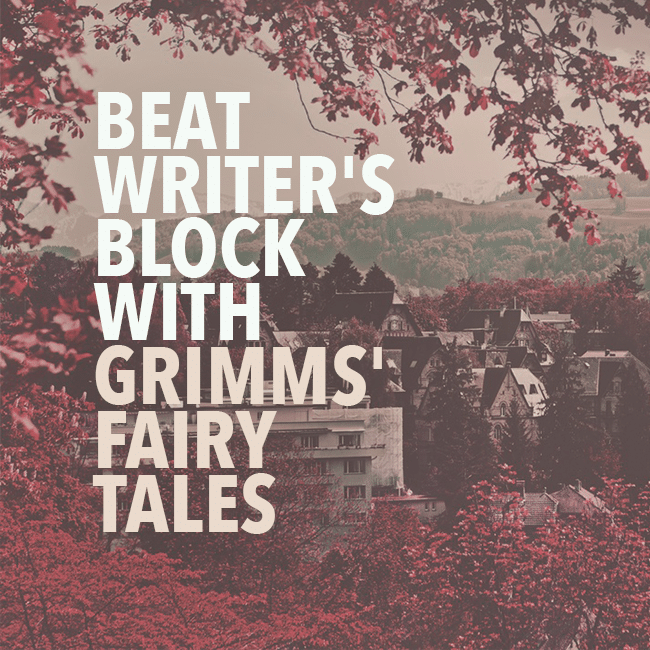
by Jeff Elkins |
I know what a friend looks like. Friends are there to support you when you need them. If you call in desperation, they come over. If you need a laugh, they crack a joke. If you’re down, they give a helping hand.
I’ve concluded that the Muses are not my friends.
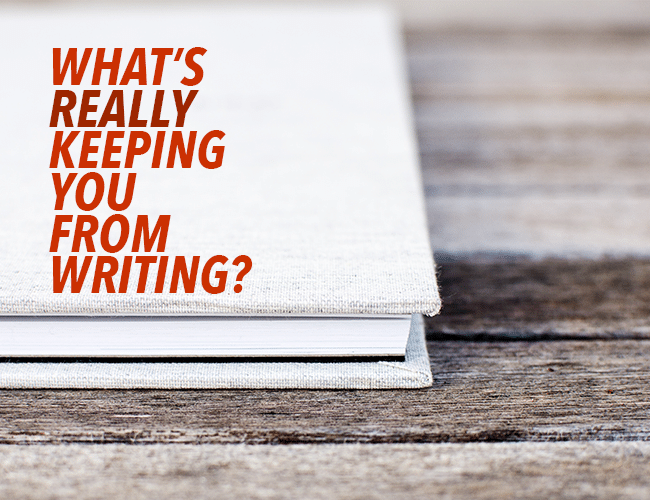
by Guest Blogger |
I consider myself a writer. But there are a lot of days on which I don’t write anything more than a post on Facebook. Then there are days where I spend hours pecking away at the keyboard. But overall, I would love to write more, not less.
We all know some writers who are really disciplined. For example, Stephen King writes 2,000 words a day every day without fail. Why can’t I do this? What’s keeping me from writing? What’s keeping you from writing more?
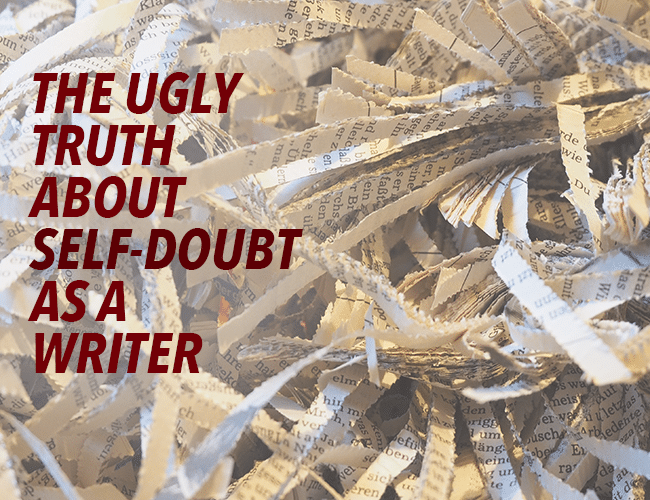
by Ruthanne Reid |
Today’s topic won’t be a comfortable one. I’m going to address an issue I’m pretty sure you don’t want to hear—but by the time I’m done, you’ll be armed, better prepared, and stronger than you were. And what is this uncomfortable topic? Self-doubt.
No matter what you do, your doubt as a writer will never go away.
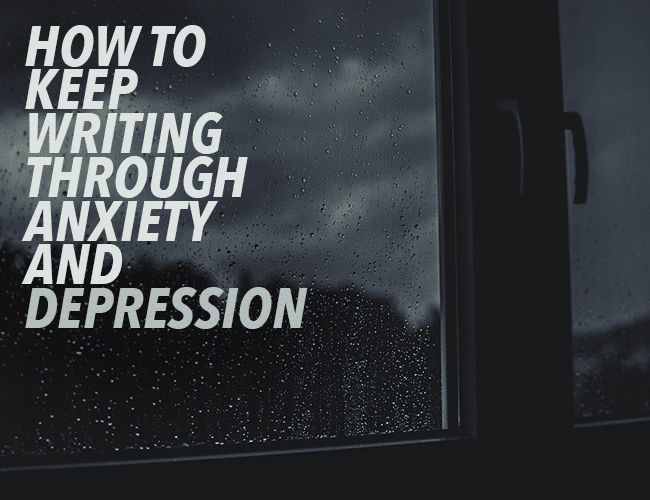
by Miriam Nicholson |
I feel the chains pull me down as I sink into the dark. Fighting it with fear pulsing through me till despair claims my heart, I can’t get out, I can’t move, I’m trapped in depression. Writers and depression: not a good combination.
Hey everyone. I’m back, and it’s been two more years since my post on self-doubt. Two years, but I’ve been writing so I guess it’s a victory of sorts. However, it has been the hardest thing to keep going.

by Kellie McGann |
I’m a full-time writer with no English degree. (I’ll tell you a bigger secret, I actually don’t have a degree at all.) And after doing this for a few years I’ve realized that you don’t need an English degree to become a writer.
I’ve been writing for The Write Practice for about two and a half years. I started as an amateur and recently launched my own writing business. So really, I am the poster child for how you really CAN make it.
(I’m still not completely sure how I made it, but I’m going to spend the next couple posts sharing what I did and how you can make it as a writer too!)





